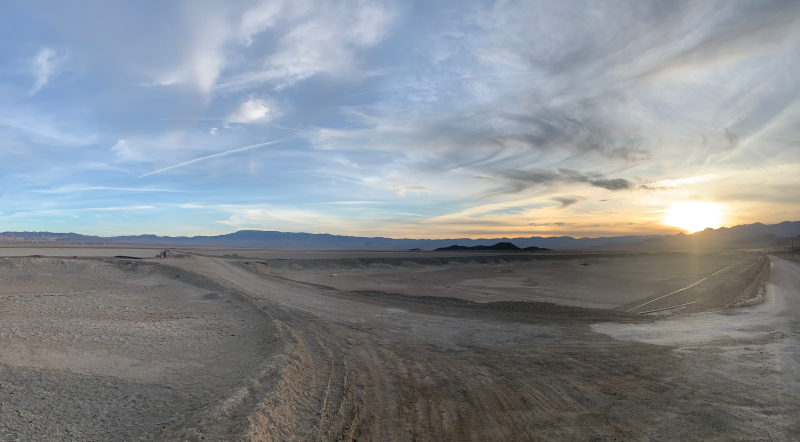Schlumberger New Energy will develop a lithium- extraction pilot plant in Clayton Valley, Nevada, under its newly launched NeoLith Energy venture. The move brings the company into the burgeoning battery metals business as demand from electric vehicle makers and other technology companies surges.
S&P Global forecasts production of the battery metal is set to almost triple by 2025 to more than 1.5 million metric tons. Two lithium compounds used for battery cathode production are lithium carbonate and lithium hydroxide, with carbonate currently making up the bulk of usage. In brine production, lithium chloride is extracted from alkaline brine lakes before being converted to carbonate, according to S&P.
Schlumberger New Energy has invested more than $15 million in a direct lithium-extraction process and expects the development and operation of the Nevada plant to require a similar investment.
In May 2019, Pure Energy Minerals Ltd., a Vancouver, BC, reached a deal with subsidiaries of Schlumberger on the terms of an earn-in agreement providing for the development of the Clayton Valley project.
According to Schlumberger's 2019 Global Stewardship Report, "Our investment in Pure Energy is leading to the development of a novel, proprietary continuous process for the direct extraction of lithium from subsurface brines that increases recovery efficiency. This process returns almost all of the brine to the reservoir, using an environmentally benign method, with a significantly smaller footprint than the incumbent extraction technologies."
The lithium project is located in the Clayton Valley of central Nevada. It comprises 948 claims over 9,450 hectares and adjoins and surrounds on three sides the Silver Peak lithium brine mine operated by Albemarle. According to Pure Energy, it represents the largest mineral land holdings in the valley.
Commissioning of the pilot plant is slated to begin following receipt of all necessary permits. NeoLith Energy intends to begin operations before the end of 2021.
The plant is a step toward a full-scale, commercial lithium-production facility, according to Schulmberger. Its results will be used to optimize the design of the full-scale production plant. NeoLith aims to have the production plant use an environmentally friendly method for subsurface-brine extraction and lithium production that requires a smaller footprint and reduces water consumption by over 85% compared to current methods for lithium extraction from brine.
Schlumberger believes the extraction process has the potential to disrupt the lithium economy by opening new opportunities to existing production regions and enabling new lithium-production regions across the globe to meet the growing demand.

